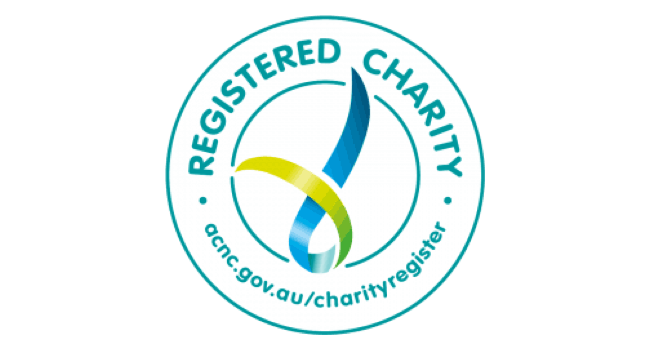As reported recently in the Age, Education Department guidelines for schools have been ‘refreshed’ to give schools and families clarity and transparency about payments. Schools can continue to seek voluntary financial contributions towards classroom materials, educational programs and operating expenses, and invite parents to buy educational items on a user-pays basis. But the guidelines make it very clear: schools may not pressure parents to make voluntary payments on curriculum essentials such as stationery, devices, camps and excursions.
Earlier this year it was revealed that Victorian parents paid a total of $400 million in levies in the 2019-20 financial year, more than any other state. Perhaps that’s because Victorian state schools are the lowest-funded in the country, with per-student funding about 7 per cent below the national average. A 2015 Victorian Auditor-General’s report on school payments found that while school levies began as an adjunct or support to government funding, they have become essential to school budgets (more detail below).
Our view
PV concurs with Education Minister James Merlino’s comments as reported in the Age a year ago that the policy guidelines on school levies had to be “refreshed to give schools and families further clarity, consistency and transparency “.
Mr Merlino emphasised that the policy itself has not changed.
PV understands the ‘refresh’ was a result of an audit of 400 schools which confirmed our long-standing concerns that schools were not applying DET policy consistently.
PV agrees with Principals; we don’t want any cuts to any educational programs or services in our State Schools. However, as our Executive Officer Gail McHardy said in the Age article back in September 2020, “We support principals being able to deliver a quality service but they need to be very mindful that you don’t transfer the responsibility onto the community,”
Auditor-General’s report
PV would like to remind readers what the Victorian Attorney-General’s audit report Additional School Costs for Families ![]() said back in 2015.
said back in 2015.
Dr Peter Frost, Acting Auditor-General stated in the report (p iii) covering remarks:
“The audit found that parents payments vary significantly from school to school and in some cases, parents are being charged for items that should be free. While parent payments have become critical to the operation of government schools, DET has little understanding of what an efficient and economical school looks like. It is therefore poorly positioned to shape decisions made by the Commonwealth and state governments about funding for schools.
As part of this audit, I have also produced a Victorian school funding explained information piece. This is a critical piece of work that exposes school funding arrangements to public scrutiny for the first time in Victoria. I hope that this will help to inform public policy debates around school funding and will assist parents to understand how schools are funded and to ask critical questions of their schools about how their funds are used.”
Comments from Auditor-General John Doyle include this: “School principals have pointed to the inadequacy of school funding as the main reason for increasing parent payments.” (p vii)
The bottom line
School principals have expressed concerns that many innovative and valued programs such as music programs, excursions and camps would have to be abandoned if parents don’t continue to pay for them.
In conclusion, PV’s question still stands – why are there shortfalls in our public school budgets, which place the burden on our Principals and School Councils to find that money?
PV strategy goal
One of the goals in our Strategy document is:
We advocate for fair, simple and transparent funding of State Schools.
You can download the full strategy document from our website ![]() .
.



